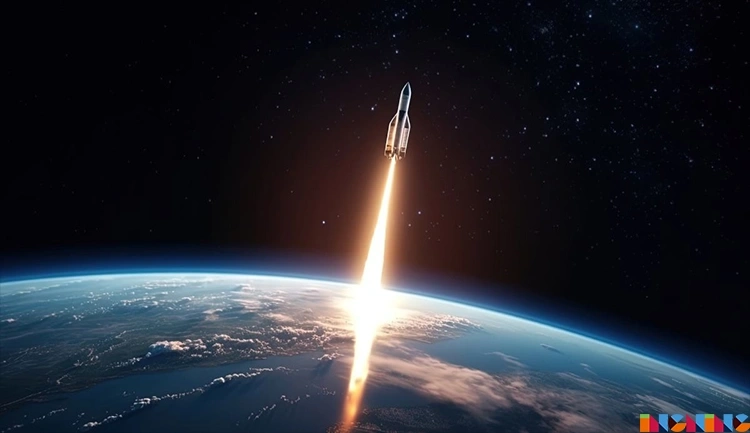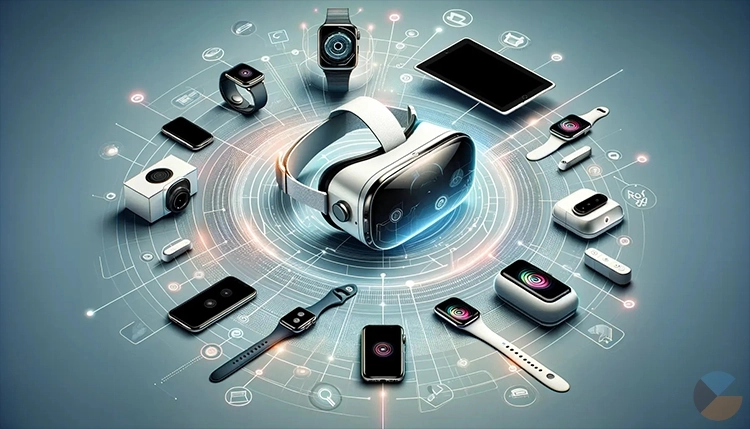Space Exploration: Pushing the Boundaries of Human Knowledge and Technology
Space Exploration has long been a symbol of human ambition, curiosity, and the relentless pursuit of knowledge. Over the past century, humanity has taken immense strides in exploring the final frontier, with groundbreaking space missions reshaping our understanding of the universe. The exploration of space has not only expanded the horizons of science and technology but has also become a key arena for global power dynamics, with countries vying for dominance in what can be considered the modern-day space race.
As nations continue to push the boundaries of Space Exploration, each mission, each technological breakthrough, and each discovery opens new possibilities for both humanity and the future of our planet. From early missions designed to simply reach the stars to sophisticated robotic expeditions probing the depths of the solar system, Space Exploration has advanced in leaps and bounds. Today, the frontiers of space are more accessible than ever, and the possibilities are infinite.
The Origins of Space Exploration
The history of Space Exploration dates back to the mid-20th century, a time marked by technological innovation and global competition. The United States and the Soviet Union dominated the early years, both engaged in the race to achieve dominance in space. It began in 1957 when the Soviet Union launched Sputnik 1, the first artificial satellite, signaling the start of the Space Exploration era.
Sputnik's success shocked the world, igniting a fierce competition between the two superpowers, a competition that would soon lead to monumental milestones in human space travel. Just two years later, in 1961, Soviet cosmonaut Yuri Gagarin became the first human to journey into space aboard Vostok 1, forever changing the landscape of human exploration. The United States responded with the Apollo program, culminating in the historic moon landing of Apollo 11 in 1969, when Neil Armstrong became the first human to walk on the lunar surface.
These early milestones in Space Exploration set the stage for further advancements. They demonstrated not only the potential for exploring outer space but also the possibilities for technological and scientific innovation that would later revolutionize many other fields, such as communications, materials science, and computing.
The Evolution of Space Missions
In the decades following the initial space race, Space Exploration evolved into more sophisticated missions, pushing both the limits of technology and our understanding of the cosmos. The space shuttle program, launched by NASA in the 1980s, marked a new era in reusable spacecraft technology. The space shuttle made numerous missions to low Earth orbit, playing a pivotal role in building and servicing the International Space Station (ISS), which remains one of the most significant achievements in Space Exploration.
Meanwhile, space probes and rovers continued to expand our understanding of the solar system. NASA's Voyager 1 and Voyager 2, launched in 1977, embarked on missions that would take them beyond the influence of the Sun, becoming humanity's farthest-reaching spacecraft. These probes provided invaluable data about Jupiter, Saturn, Uranus, and Neptune, and Voyager 1, now in interstellar space, continues to send back data from beyond our solar system.
Rovers like NASA’s Spirit, Opportunity, and Curiosity have expanded our knowledge of Mars, and the recent Perseverance rover continues to gather data about the Martian surface, searching for signs of past life. These robotic explorers have captured the imagination of millions, offering a glimpse into the possibilities of interplanetary exploration.
The Rise of Private Sector Participation in Space Exploration
In the 21st century, Space Exploration has seen a major shift, as private companies have increasingly become involved in space missions. Companies like SpaceX, founded by Elon Musk in 2002, have dramatically reduced the cost of access to space. SpaceX’s Falcon 9 rocket, with its ability to land and be reused, has made space travel more affordable and sustainable, changing the game for both governmental and commercial space endeavors.
SpaceX’s success has led to other private companies, like Blue Origin and Rocket Lab, entering the space race. These companies aim to revolutionize Space Exploration by developing reusable spacecraft, reducing launch costs, and enabling the possibility of space tourism. Private sector participation in space missions is not only increasing the pace of Space Exploration but also opening up new possibilities for future generations, including the potential for human settlements on the Moon or Mars.
The Geopolitics of Space Exploration
Today, Space Exploration is not just a scientific or technological pursuit; it has become a crucial area of geopolitical competition. Countries around the world are investing heavily in space programs, driven by the desire for technological supremacy, national security, and economic gain.
The United States, Russia, and China have emerged as the primary players in this space race. While the U.S. remains a leader in space missions, with NASA continuing to spearhead groundbreaking missions to the Moon, Mars, and beyond, China has made significant advancements in its own space program, becoming a formidable competitor. China’s Chang’e lunar exploration program, its growing space station, and ambitious plans to send humans to the Moon and Mars have positioned it as a serious contender in the global space arena.
Russia, with its longstanding legacy in Space Exploration, continues to be a key player, particularly with its role in the ISS program. However, Russia's space ambitions are now aligned with those of China, as the two countries have increasingly collaborated on space missions in recent years.
Other countries, including India, Japan, and several European nations, have also made notable contributions to Space Exploration. India’s space agency, ISRO, has successfully launched several missions, including the Chandrayaan lunar missions and the Mangalyaan Mars mission, demonstrating the country’s growing capabilities in space.
The geopolitical importance of Space Exploration is evident in the establishment of military space agencies, such as the U.S. Space Force, which is dedicated to securing U.S. interests in space. The potential for military use of space-based technologies, such as satellite surveillance and missile defense systems, has added a new dimension to the race for dominance in space.
The Future of Space Exploration
Looking ahead, the future of Space Exploration is nothing short of exciting. Advances in propulsion technology, such as ion engines and nuclear thermal propulsion, are expected to make deep space missions more feasible, reducing travel times to distant planets and moons. In the coming decades, space exploration will likely see humans landing on Mars, with missions aimed at establishing permanent colonies on the Red Planet.
The Moon is also poised to play a central role in future Space Exploration endeavors. NASA’s Artemis program aims to return astronauts to the lunar surface by 2025, with the long-term goal of establishing a sustainable human presence on the Moon by the late 2020s. This lunar presence could serve as a stepping stone for future missions to Mars and beyond, acting as a base for scientific research, resource extraction, and space travel.
Space mining is another potential frontier, with asteroid mining possibly providing access to valuable resources like platinum and rare minerals. The commercial viability of space mining could lead to new industries in space, further expanding humanity’s reach into the cosmos.
Private space companies will likely continue to lead the way in innovation, with SpaceX’s Starship program aiming to make interplanetary travel a reality. Starship is being developed with the goal of carrying large numbers of people and cargo to destinations like Mars, opening up the possibility for human settlement on other planets.
The Role of Space Exploration in Society
The pursuit of Space Exploration is not merely about achieving technological feats; it is about advancing humanity as a whole. Space missions have led to innovations that have had a profound impact on daily life, from satellite communications to GPS navigation, weather forecasting, and medical technologies. The spin-off benefits of Space Exploration continue to improve our quality of life and demonstrate the tangible value of space research.
Moreover, the exploration of space has inspired generations of scientists, engineers, and dreamers. It has sparked curiosity, fostered international collaboration, and united people across the world in a common goal. As we push the boundaries of Space Exploration, we are not just venturing into the unknown, but expanding our collective knowledge and understanding of our place in the universe.









 Ingning
Ingning







